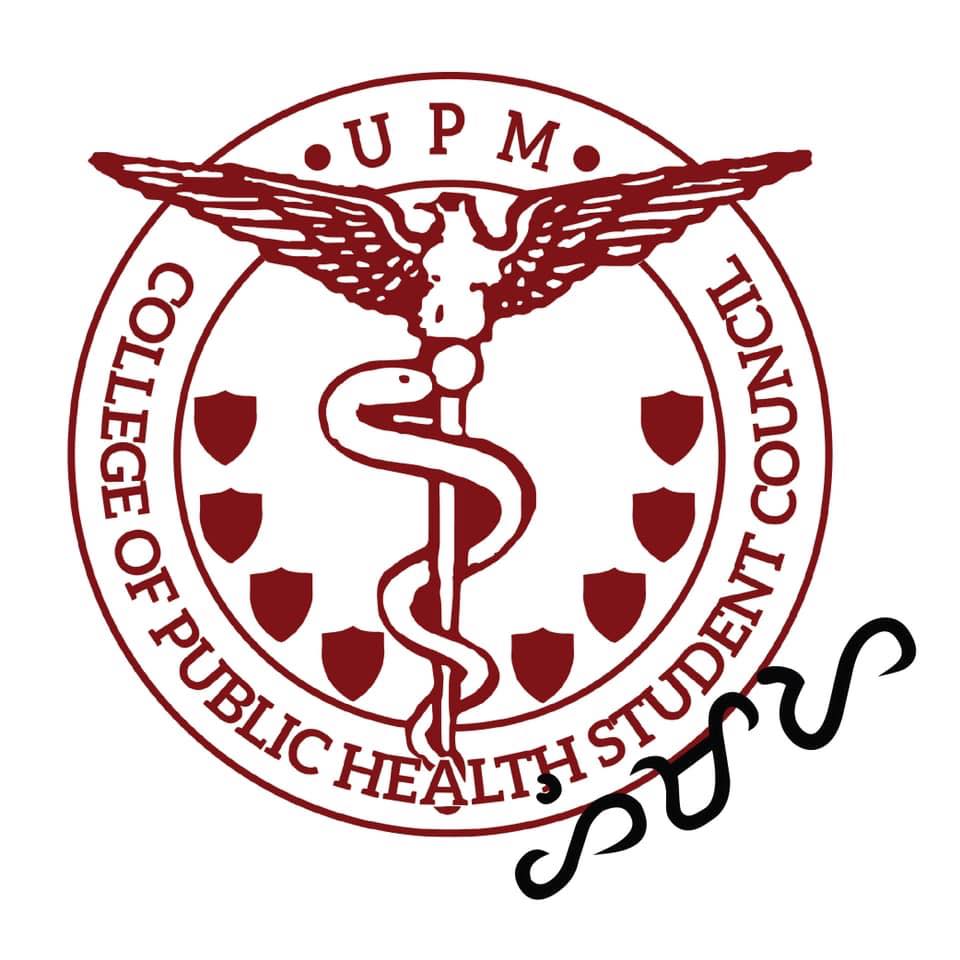PUBLIC HEALTH is the “science and art of preventing disease, prolonging life, and promoting health through the organized efforts and informed choices of society, public and private organizations, communities and individuals”, as defined by Dr. Charles-Edward Amory Winslow. It is a mission on the search for effective means of providing maximum benefit and securing health for the largest number of people (World Health Organization, n.d).
By facing numerous scourges of diseases and pandemics in the past, public health is significant evidence that improvement in the health of a population occurs not only because the focus was oriented towards disease control, but also because measures were taken to prevent disease from spreading—specifically through improving the social determinants of health. This includes factors such as socioeconomic status, education, physical environment, food supply, employment, social support networks, and access to healthcare. By addressing these social determinants of health, the long standing disparities of health and healthcare are reduced.
The public health perspective asks foundational questions such as: “Where does the problem begin?” “What risk factors need to be identified?”, “What interventions work through evaluation?”, and “How can we prevent it from occurring in the first place?”. To answer these questions, not only do we focus on the health sector, but we must also recognize the roles of other stakeholders such as the media, the academe, and most especially, the government.
At close to 10,000 confirmed cases in the Philippines, including 1,772 infected health workers (as of May 4, 2020), the COVID-19 crisis in the country highlights the cracks in government planning where public health could have stepped in earlier. This pandemic has left Filipinos to question whether or not the government truly understands the essence of public health. The previous measures imposed by the government have been heavily criticized as the appropriate public health-centered solutions are neglected in favor of more controversial ones. Why was there an initial ban on international deployment of Filipino health workers instead of assuring better working conditions and wages in the country? Why was there an imposition of an Enhanced Community Quarantine (ECQ) without first ensuring pertinent measures such as mass testing, efficient contact tracing and erecting sufficient facilities? Why is the government adamant on relying on discipline and force when we are in the midst of a health crisis requiring health solutions? How the COVID-19 pandemic is currently being handled in the country does not reflect the ideal efficiency that could have been achieved by solutions stemming from a public health perspective. Heavily depending on the police and military sectors—instead of a holistic approach that unites both the medical and disciplinary sectors—may create a mismatch between their efforts to address the crisis. While the country faces a continuous rise in COVID-19 cases at the expense of improper planning and management of the situation, the likes of these questions have shone a light on how public health is truly seen today—a last resort.
Public health preempts the health crisis, often preventing it from happening altogether, or mitigating its detrimental effects to varying degrees. Strong, public health-backed government responses can lead to swifter resolutions of pandemics like COVID-19, as well as preventing similar crises from reaching today’s magnitude of greater health and economic losses. Not only does public health acknowledge the intersectoral nature of health, or how health outcomes are affected by multiple sectors outside of the health sector (World Health Organization, n.d.), it also entails the development of policies and programs that benefit the health of each individual. However, Filipinos must not only rely on the government and other sectors to do their part in combating this virus. Public health involves every single person—people of all ages, races and economical status. Frequent washing of hands, the use of surgical masks, social distancing, and staying at home are some of the preemptive, public health-centered responses that may be taken for granted. Public health is a cooperative and unified effort, and so it is imperative that we all do our part in this battle against COVID-19.
The conjuncture we are in is a threatening result of long-term negligence on public health and the health sector in general. While countries in an increasingly mobile global community were bound to be affected by the virus, the blow could have been cushioned by a holistic and intensive view on health not only in the last few months, but in the past few years as well. The likes of proper urban planning, adequate health insurance coverage, better housing and work conditions, efficient transport systems, and decent funding for research and development—all of which are covered by public health—could have augmented our chances in this pandemic. However, since effective policies and sufficient support in these areas are lacking, we are now heavily reliant on the development of curative drugs and vaccines, which could take months to years to make. With no definitive cure available, the importance of preventive measures has never been more highlighted, as it is now the most feasible and reliable course of action. One of the pillars of public health is that prevention is ALWAYS better than cure, though many fail to recognize this as public health continues to be neglected until it is too late.
Economic developments have continuously been one of the top priorities of the government. But today, we see businesses closing, the stock market plummeting, and several sectors frozen by one health crisis alone. If there is anything good that can come out of this, may it be the realisation that public health is the foundation that allows development, progress and innovation to be possible. Public health should never be treated as a last resort. It is not a sideline solution. It is the way forward.
ADVT



